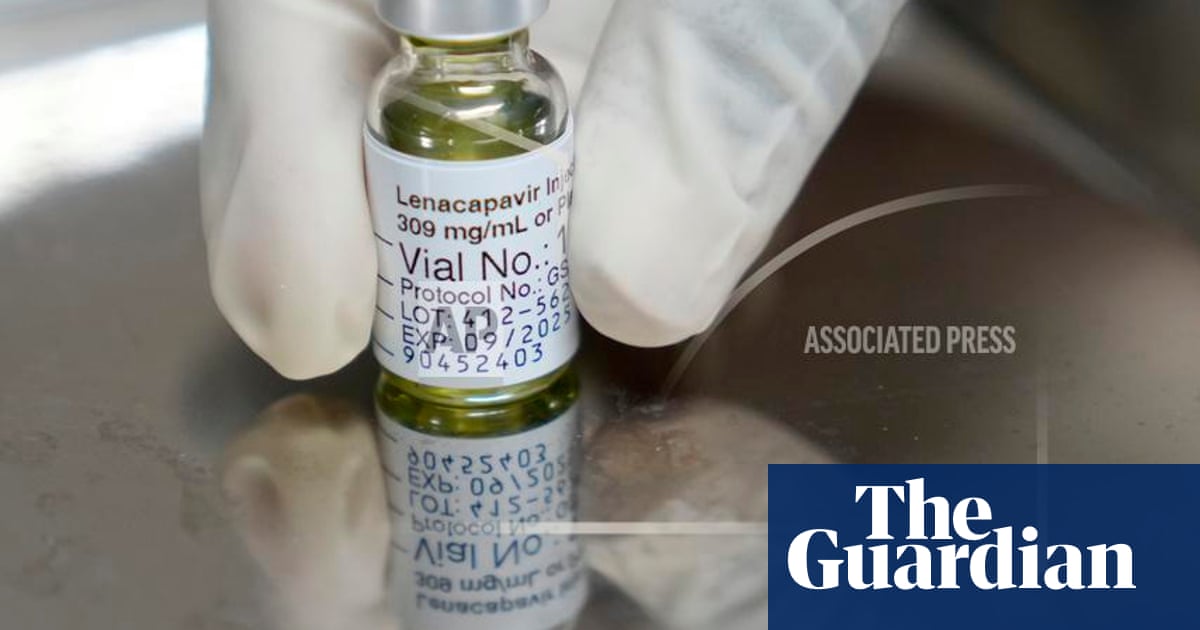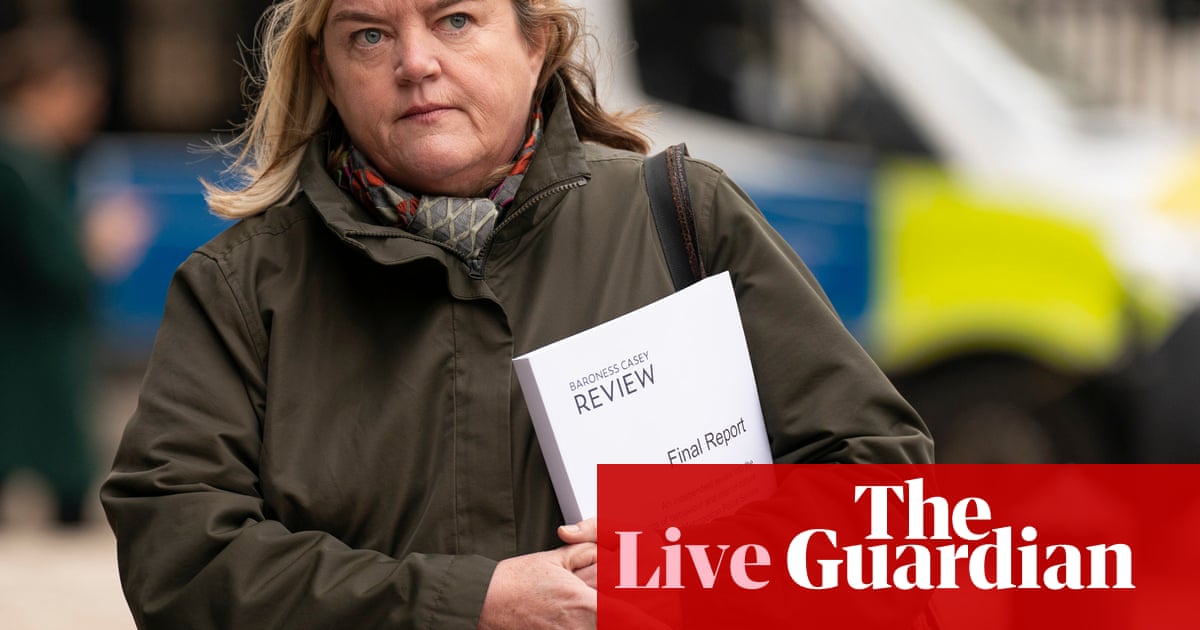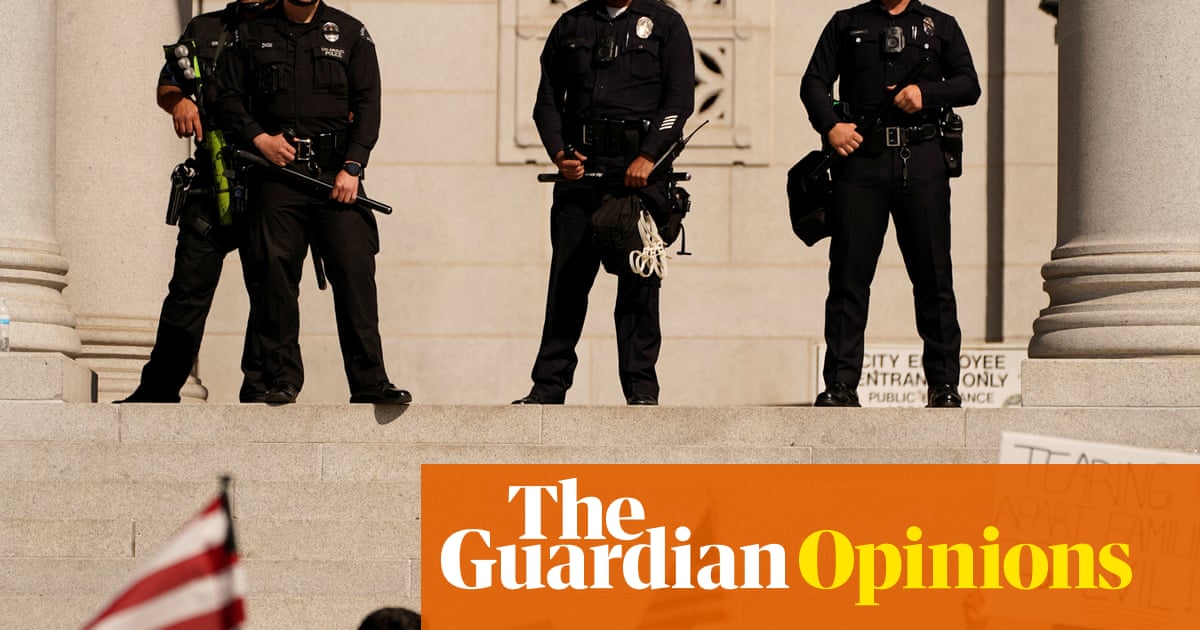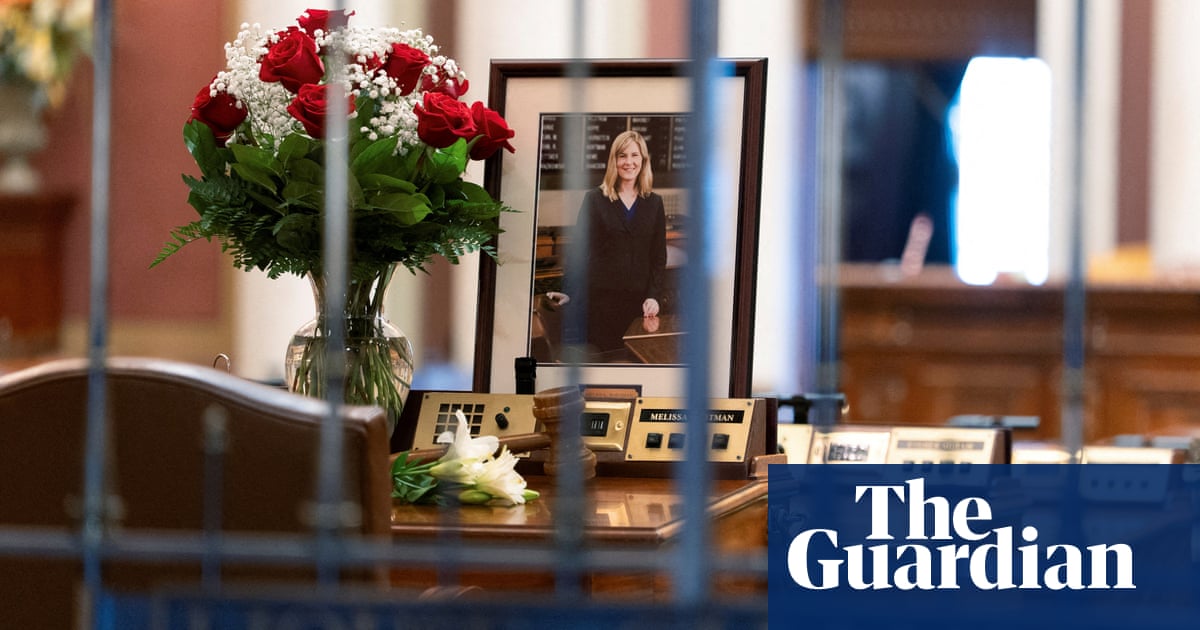Church of England proposals for church courts to automatically be held in secret should be reconsidered, a parliamentary committee has said.
The clergy conduct measure is intended to replace the existing clergy disciplinary measure, which has been extensively criticised for failing to tackle allegations of serious or sexual misconduct against clergy.
Under the terms of the new measure, when an allegation of misconduct is made against clergy, “the tribunal or court is to sit in private except in a case where” certain conditions are met, such as a public hearing being requested by the defendant.
MPs and peers sitting on the ecclesiastical committee told church representatives on Tuesday that members of the public had expressed concern about the new proposals.
Elizabeth Butler-Sloss, the chair of the committee and a former head of the courts, urged the witnesses “to look at sitting in public, because that’s an issue which a number of people have raised, and I share the concern. It is fair to say family courts sit in private, but we do try to sit in public when we can.”
Al Pinkerton, the Liberal Democrat MP for Surrey Heath, said “the fact that it is private by default and public by exception certainly has raised more than one eyebrow”. He continued: “The fact that I’ve had as much correspondence as I have suggests that you have perhaps got this the wrong way round.”
Danny Kruger, the Conservative MP for East Wiltshire, said the measure would leave the Church of England out of step with other disciplinary systems. “My understanding is that most comparable tribunals in the secular space – whether that’s in respect of medical practitioners, even police misconduct hearings, the bar, military court service – the default setting in those cases is that the proceedings will be public,” he said.
Edward Dobson, the church’s legal adviser, disputed the characterisation of the measure. “These are not secret hearings,” he said. “These are private hearings, where the evidence is taken in private, and it is important to distinguish between those two concepts.”
He said the General Synod, the Church of England’s legislative assembly, had rejected an amendment for hearings to ordinarily be public. “It was felt very strongly that the interests of children in particular, vulnerable adults, those giving evidence, were best met, and evidence was achieved best, with a broad confidentiality,” he said.
Clive Scowen, who moved the amendment, said: “My view is that, because of the genuine public interest in the conduct of the clergy of the established church and the current climate of openness and transparency concerning judicial proceedings generally, hearings should be in public unless the tribunal finds there is a good reason for them to be in private.”
He said that even though his amendment had been rejected, “the new measure as a whole is a great improvement on the current legislation” and he hoped parliament would approve it.
According to minutes of the proceedings where Scowen’s amendment was rejected, a committee of the General Synod discussed how “other professional tribunals, such as General Medical Council hearings, sit in private due to the confidentiality of patient information”.
after newsletter promotion
However, a spokesperson for the GMC said that this was wrong, and that the GMC did not hold hearings. The spokesperson said that when the GMC had concerns about doctors, it presented evidence to the Medical Practitioners Tribunal Service, and that such hearings were ordinarily public.
A spokesperson for House of Survivors, a campaign group for victims of clerical abuse, said: “Secrecy as a starting point is not a good look. There are situations and times where private hearings may be called for. But that should be much better judged in each situation, rather than a blanket approach.”
The spokesperson stressed that the group believed the Church of England should be subject to the Freedom of Information Act, from which it is immune. “The Church of England has gotten away with far too much secrecy. A lot of problems are to do with a lack of transparency, a lack of accountability, at a very senior level,” he said.
-
In the UK, Rape Crisis offers support for rape and sexual abuse on 0808 802 9999 in England and Wales, 0808 801 0302 in Scotland, or 0800 0246 991 in Northern Ireland. In the US, Rainn offers support on 800-656-4673. In Australia, support is available at 1800Respect (1800 737 732). Other international helplines can be found at ibiblio.org/rcip/internl.html

 5 hours ago
1
5 hours ago
1

















































